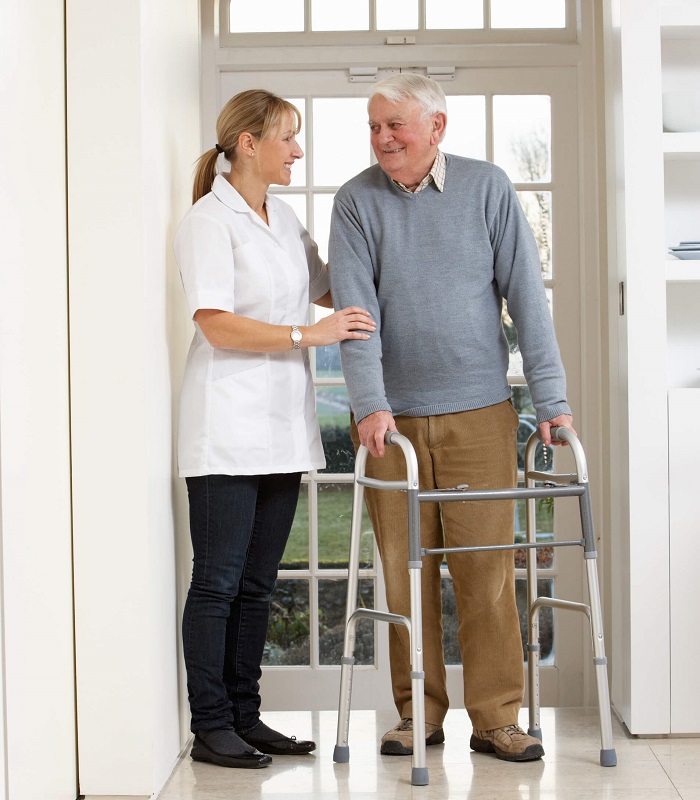Caregiving and Dementia: The Reason to Know More of the Disease is so You Can Help Others
We often hear things about serious diseases, like dementia, but we rarely get to know something more, what they do to people, and how to deal with them, unless someone we know gets one of them.
I would know because I was the same before my grandmother got dementia, more specifically Alzheimer’s, and not knowing how to cope with it after she was diagnosed, learning step by step alongside her made me want to share the message with people, so others can learn more about it beforehand, and help those in need.
As it is a persistent disorder of the mental processes, an irreversible one, there’s a decline in the mental ability that changes the life of the person rapidly, interfering with daily activities which is where products for elderly with dementia come in handy.
Affecting thinking, emotions, behaviour, then when it’s progressing more even interfering with walking, dementia also causes withdrawal, depression, confusion, and apathy, and the worst of it is the continuous memory loss, so it’s important to provide whatever you can from care products, to make the home as safe and comfortable as can be.

This can be getting products for elderly with dementia that have to do with making walking easier, like trolleys, also meal trolleys helping with bringing food, then over toilet and bottom wiper aids to help them with using the toilet because you don’t know how fast the disease can progress, and you can be sure they’re going to forget basic hygiene.
Waterproof bad pads are another necessity (trust me, you’re going to need lots of these), glowy things – from glowy toilet, to lamps, light switches, and corridors to give them the peace of mind at night as most patients have fear of going to the toilet in the dark worrying about falls.
Though there’s still no cure that can heal dementia, and it’s a disease that mostly has to do with genes, there are still ways to cut down the risks, and lessen the impact, starting from providing the healthy diet for the patient, including plenty of fruits, and veggies, nuts, olive oil, fish, and whole grains. Some supplements, like omega 3 can be of help with fighting the symptoms too.
I’m not going to lie, watching your loved one’s memory fade away in front of your eyes isn’t easy, and it doesn’t get better with time, but you have to remember the disease affects their mood, and behaviour.
There are going to be moments when you’d get angry and desperate, so it’s important to be as empathetic as you can, always there to love them and support them, keep them company, and motivate them to stay physically and mentally active, finding activities for them. Songs, and memory games are advised, and so is the company of pets.
Most of all, don’t hesitate to get professional care and advice if you feel like you could do with some help as there are many support groups Australia round that you can count on. There are times when you’d feel lonely in this process, and seeing caregivers and other people in your situation can be just what you need.
